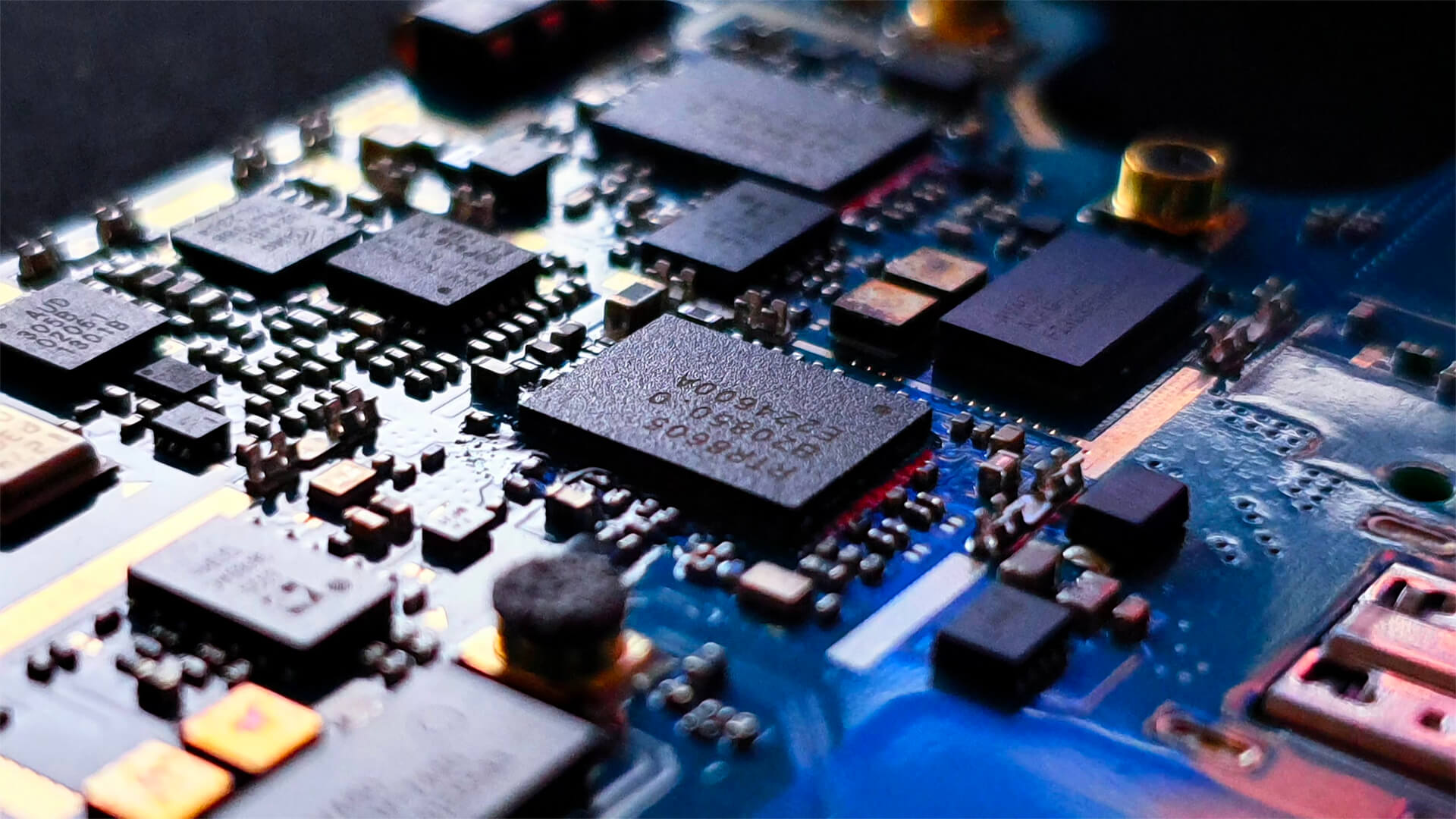The Live Q&A Is Next Week…
Still haven’t joined the Patreon? Well, if you don’t want to miss out on the Live Q&A, join “The Analyst” tier before next Wednesday, October 23rd! And if you needed another reason, if you join me on Patreon in the month of October, your subscription fees for the rest of the year will be donated to MedShare.
We’re hitting the backroads today and chatting about the small town of Spruce Pine, North Carolina. What this town lacks in population, it makes up in its (extremely important) quartz mines.
These mines in Spruce Pine play a critical role in semiconductor manufacturing, thanks to the very pure quartz found here. This pure quartz is used to make the crucibles in which silicon is melted down without contamination. And no this isn’t just one of the many places that has this stuff…Spruce Pine accounts for an estimated 70-90% of the world’s crucible-grade quartz.
Hurricane Helene has put these mines in jeopardy with the heavy rains and flooding that hit the area. This has shut down the roads and the mines, and recovery efforts will be stalled until the larger towns are taken care of. This means the mines could be out of commission for a while, impacting the supply chains for the semiconductor fabrication plants.
We’re not in the red-zone yet, since most facilities keep a decent reserve on hand. However, if the production of this high-quality silicon is affected, we could be looking at major disruptions down the road.
Here at Zeihan on Geopolitics, our chosen charity partner is MedShare. They provide emergency medical services to communities in need, with a very heavy emphasis on locations facing acute crises. Medshare operates right in the thick of it, so we can be sure that every cent of our donation is not simply going directly to where help is needed most, but our donations serve as a force multiplier for a system already in existence.
If you sign up for our Patreon page in the month of October, the proceeds from your subscription for the remainder of 2024 will be donated directly to MedShare. So, you can get our all of the perks of joining the Patreon AND support a good cause while you’re doing it.
We encourage you to sign up for the Patreon page at the link below.
Transcript
Hey everybody. Peter Zeihan here, coming to you from DC in the National Mall. And today we’re going to talk about a little bit of hurricane damage that you probably were unaware of. Specifically, the town of Spruce Pine, the town of like 2300 people in western North Carolina. And the issue is that this is a town that produces sand. So roughly 150 million years ago, as Southerners tell time, there was a series of non-volcanic intrusions into the area that is now part of the Appalachians.
And we got all of these feldspar, quartz, and mica deposits. Until recently, the feldspar is what everybody was after. So you’ve heard of Pyrex? Feldspar is used in the high-quality glass that they produce, but the rest of it, especially the quartz, was basically used as concrete aggregate in construction and local road production. Nothing special. Then the semiconductor sector took off.
Well, it’s getting really weird and moving behind some of the construction equipment that is everywhere in DC right now. Anyway, then the semiconductor industry got started, and semiconductor is made primarily of silicon, and silicon is basically just processed quartz. What they discovered was that the type of quartz that exists in the Spruce Pine mines was so pure that it could be melted into something called a crucible, which is basically a little bowl.
The crucibles then could be used to melt other, lesser-quality silicon. You have to do the melting in a very, very, very, very high-quality crucible, otherwise the crucible will introduce flaws and other materials into your silicon, and then you don’t get the electrical properties you are after. The sand that comes out of these Spruce Pine mines is so pure that it is used for 70 to 90% of global crucibles to make the semiconductors.
They also use the other silicon they have there as well. And it’s also very good for that. But it’s the crucible-quality silicon that you’re really after. Anyhow, the two companies control the space. They’re not very chatty when it comes to the details. About 70% of the labor force in Spruce Pine—population 2300—works in the mines.
And the miners are—well, they got two feet of rain dropped on them, which did a significant amount of damage to the mines, although the miners are not telling us what. They’re focusing on helping the people recover, and the people can’t recover because the city is cut off. There is one road out of the mine. It’s been largely destroyed, and it’s going to be at least a month, probably closer to two, before we have some idea of whether or not it can be repaired to a level that allows equipment to come in to, say, pump the water out of the mines.
And this is not a priority for things like FEMA, because Asheville, population 100,000, is also cut off, and it’s on the interstate. So everyone’s going to focus on that first. We’ve got quite a while before we know whether or not the mine has been damaged sufficiently to imperil long-term production of this very specific type of quartz silicon.
As to everybody else, most of the folks that make these things, most of the semiconductor fabs who use this stuff, and most of the purification facilities, probably have about three months of reserves to use. So there’s no immediate disruption from supply, but we’re going to have to wait one to two months before we find out if this temporary interruption is something more significant. And if it is, then all bets are off, because this is where we get almost all of it.
Again, while you can make a crucible out of lesser silicon, that lesser silicon will then contaminate whatever it is you’re trying to smelt, which means that high-grade semiconductor-quality silicon will not be available in sufficient quantities to do more than a third of what we currently expect our semiconductor industry to create. That could be a very big deal. We won’t know for a couple of months.








